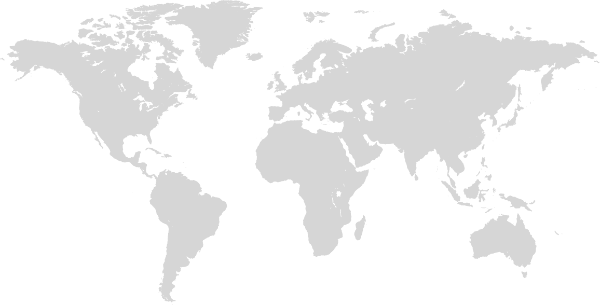Sometimes a childhood experience can shape life’s decisions. For Nutrilite™ scientist Dr. Keith Randolph, it was during a struggle with acne during his teen years that his life-long interest in health was born.
“The experience left me wondering how I could take more responsibility for my health,” he said.
Randolph began his education with studies across a range of biomedical sciences, beginning with training in clinical laboratory technology at the Armed Forces Academy of Medical Sciences. He went on to study chemistry and biology and graduate with honors from Wayland College, and earned a doctorate in experimental pathology from the School of Medicine at Wake Forest University.
He chose Cleveland Clinic for his post-doctoral research, then joined the Medical College of Pennsylvania in Philadelphia, where he began his career in teaching and research. Later, at the State University of New York at Stony Brook, he continued his research, writing grants, publishing papers and teaching.
“In every area of research, there is a delay in the availability of emerging science to consumers,” Randolph explained. “New scientific information is always in need of translation. Scientific principles need time to mature, and when they do, people have a right and a need to know about new science that has potential to improve their lives. Fifteen years into my academic career I decided I wanted to facilitate that translation.’’
The new Global Phytonutrient Report is the most recent result of his commitment to bring useful information to consumers. Randolph describes the report as a foundation upon which consumers can begin to understand eating habits and how they relate to better health.
Welcome to Amway
As he was looking for a way to combine his love for teaching and research with his passion to translate science for consumers, Randolph interviewed with several leading pharmaceutical companies. He also got a call from a company he’d never heard of – Amway.
“We were interested in interviewing Keith because of his multi-disciplinary science background, his extensive clinical research experience and his strong personal interest in nutrition and health, which aligned beautifully with the Nutrilite™ brand philosophy. All of these attributes and more have afforded Keith a very successful 15-year career in R&D with Amway and an outstanding track record of broad and deep technical leadership in support of our pursuit of optimal health and wellness,” said Robin Dykhouse, vice president health and beauty research and development, Amway.
He was invited to interview with the Nutrilite™ research and development team and tour the nutrition facility in California.
“What I saw at Nutrilite™ was stunningly impressive,” he said. “This was not a typical dietary supplement company. It was much closer to a pharmaceutical company in terms of cleanliness and technology. I knew that Amway would be the place where I could turn science into a consumer benefit, and now I’m celebrating my 15-year anniversary.”
Randolph became a nutrition investigator for Nutrilite™ and joined a 12-person team that has grown to 50. He has been involved in product development, overseeing the use of various ingredients, monitoring dosing guidelines and creating the documentation required to support claims and scientific literature approved in the many countries and provinces around the world where Amway does business.
What makes a healthy diet?
As questions about a healthy diet continued to be asked, Randolph knew that research was an important place to start. He needed to document what people eat in different regions around the world.
“The World Health Organization (WHO) recommends eating a minimum of 400 grams a day of fruits and vegetables,” Randolph cited. “In North America, that means five servings. A serving is the amount of food that is the size of your fist or the amount of leafy vegetables that you could grab in one hand. But it’s not just quantity that’s important. Variety is also important.
“About three out of every four people aren’t getting the healthy nutritional components that come from fruits and vegetables,” he added. “People are missing important sources of macronutrients, protein, carbohydrates and fats, fiber, and unique plant compounds known as phytonutrients.”
While there are many reasons for this shortfall, including busy lives, cost, availability and personal preference, Randolph would like to see policy changes that will influence those who make investments in agriculture, education and food distribution to make it easier for individuals to consume healthy levels of fruits and vegetables.
What choices should we make?
On a more personal level, he advises people to make smart choices every day.
“Why wouldn’t you want to consume foods that encourage optimal health?” he asked. “Different phytonutrients play different roles in your health, including supporting your immune system, stamina, eye and muscle health and helping you age in a healthy way.
So when you make food choices, get five fruits and vegetables each day,” Randolph added. “Do the best you can. And if you can’t expand the range of your diet, then reach for a plant-based Nutrilite™ product to close the phytonutrient gap. “




